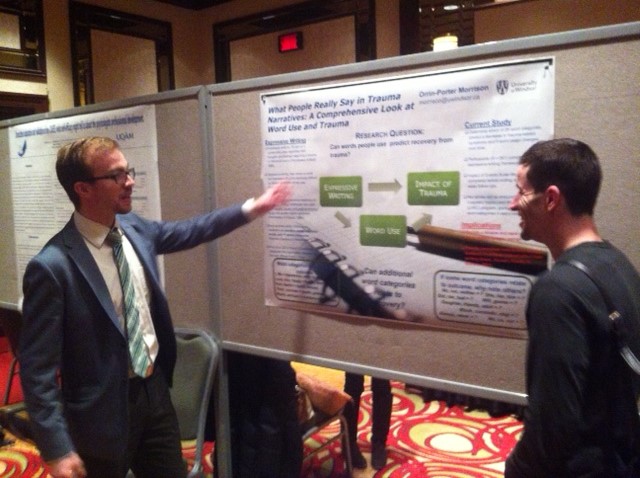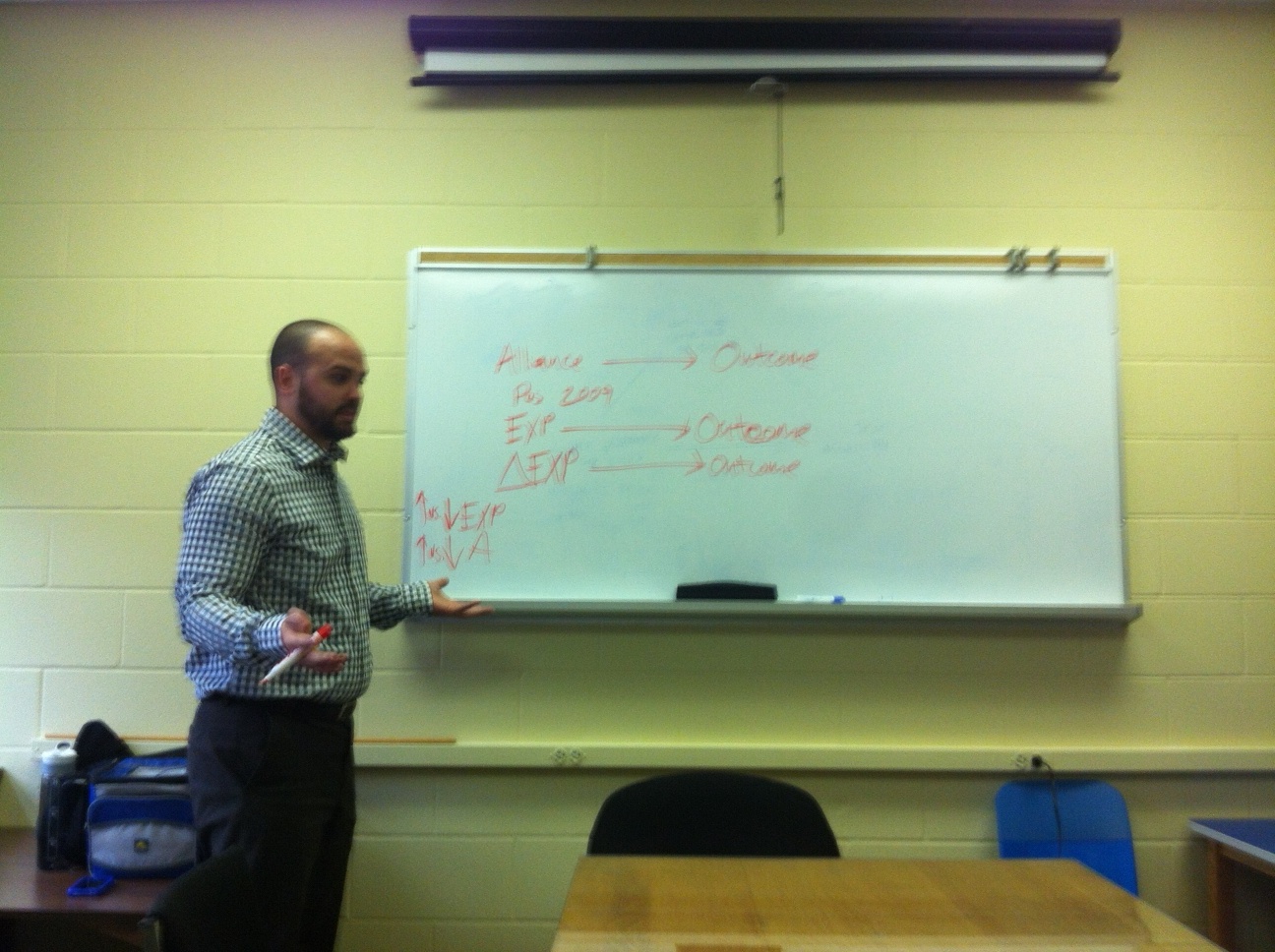Our Focus
The primary focus of the Emotion Change Lab is the area of emotion and psychotherapy. The focus draws on and informs the areas of emotional processing and emotional experience, emotional change in psychotherapy, and the teaching of psychotherapy methods.
Research Area
The Emotion Change Lab explores the mechanisms of emotional processing, which is an important topic on its own. Human emotion is an adaptive problem-solving system. Working through times of personal difficulty or transforming emotional distress are experiences that contribute to resolving specific personal difficulties as well as to improving emotional functioning and fostering development in general.
 Work in the lab has shown that some types of emotion and episodes of emotional activation are useful, while others are not. Few research programs are dedicated specifically to studying what kind of emotional activation actually facilitates change and positive self-development. The research that Dr. Pascual-Leone and his students undertake has contributed to this understanding by studying the process and outcome of psychotherapy, with a special focus on the role of emotion. The work is unique in the sophistication with which it combines basic research methods with clinical methods. It exemplifies the scientist-practitioner ideal in the field of clinical psychology, in which research informs clinical assessment and intervention, and clinical observation informs research questions.
Work in the lab has shown that some types of emotion and episodes of emotional activation are useful, while others are not. Few research programs are dedicated specifically to studying what kind of emotional activation actually facilitates change and positive self-development. The research that Dr. Pascual-Leone and his students undertake has contributed to this understanding by studying the process and outcome of psychotherapy, with a special focus on the role of emotion. The work is unique in the sophistication with which it combines basic research methods with clinical methods. It exemplifies the scientist-practitioner ideal in the field of clinical psychology, in which research informs clinical assessment and intervention, and clinical observation informs research questions.
Research Questions 
The primary question that informs the work in the Emotion Change Lab is “How does emotion change?” This research takes the perspective of real, lasting, in-therapy-session change as happening developmentally through a recursive exploratory process, what Dr. Pascual-Leone has termed “a repeated experiential exercise in meaning construction.” An important step in Dr. Pascual-Leone’s early research was the discovery of sequences of emotion that predicted good session outcomes (Pascual-Leone & Greenberg, 2007). As such, the lab’s work examines moment-by-moment improvements in treatment (emotional insight, the emergence of a new perspective, etc.). This research has led to the articulation of viewing emotion as a dynamic system and viewing the progress of emotional change via a steady series of two steps forward, one step back (Pascual-Leone, 2009). The Emotion Change Lab's premise is that “emotional push-ups” eventually strengthen a new, broader repertoire of adaptive meanings and feeling that clients then bring to bear on their life problems. Studies from the lab have supported a preliminary model of emotional transformation (Pascual-Leone, Greenberg & Pascual-Leone, 2009).
See a list of students' past research.
Methods
Dr. Pascual-Leone and the Emotion Change Lab's research is impressive due to the flexibility in the research methods employed. Research questions are allowed to drive the method(s) of inquiry, employing a range of methodological approaches. The diversity of methods that have been employed include the study of:
- Moment-by-moment emotional processes in psychotherapy from videos (e.g., Pascual-Leone, 2009),
- Pure- and quasi-experimental designs (e.g., Pascual-Leone, Campeau, et al., 2012; Pascual-Leone, Metler, et al., 2012; Pascual-Leone & Andreescu, 2013)
- Propensity-score matching designs (Pascual-Leone et al., 2011)
- Mixed-models (Pascual-Leone, 2005)
- Meta-analysis (Yeryomenko & Pascual-Leone, submitted)
- Qualitative research or hybrid methods including grounded theory (Pascual-Leone, et al., 2013; Pascual-Leone, Wolfe, & O’Connor, 2012)
- Task analysis (Pascual-Leone et al., 2009)
- And single case designs (Kramer, Pascual-Leone, Despland, & de Roten, in press)
More on these articles can be found on the Articles Page.
Psychotherapy process research is technically challenging work, which requires careful observation and combining analysis of observation, client self-reports, and data from narrative accounts. Such labour intensive work requires diligence, patience, and care. It also requires effectiveness in building a team of conscientious and well-trained assistants.
Insightful Links on Emotion
- This trailer offers an interesting perspective on problematic emotion, even if the details of what are being stated are exaggerated.
- Video: Lorne Korman on anger and regulating emotion
- Juan Pascual-Leone, video: what is intelligence and how it relates to emotional and physical health
- YouTube video: emerging subdominant emotion schemes
